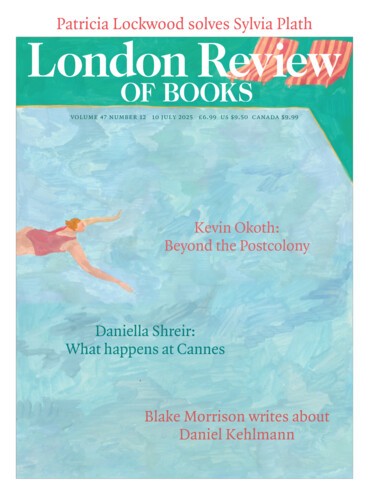Beyond the Postcolony
Kevin Okoth
Achille Mbembe’s On the Postcolony, first published in French in 2000, changed the direction of postcolonial studies. Since then, he has gained a loyal readership across the political spectrum (his admirers include Emmanuel Macron and Judith Butler), and his concepts – the postcolony, necropolitics, Afropolitanism and more – crop up everywhere from the Venice Biennale to...


